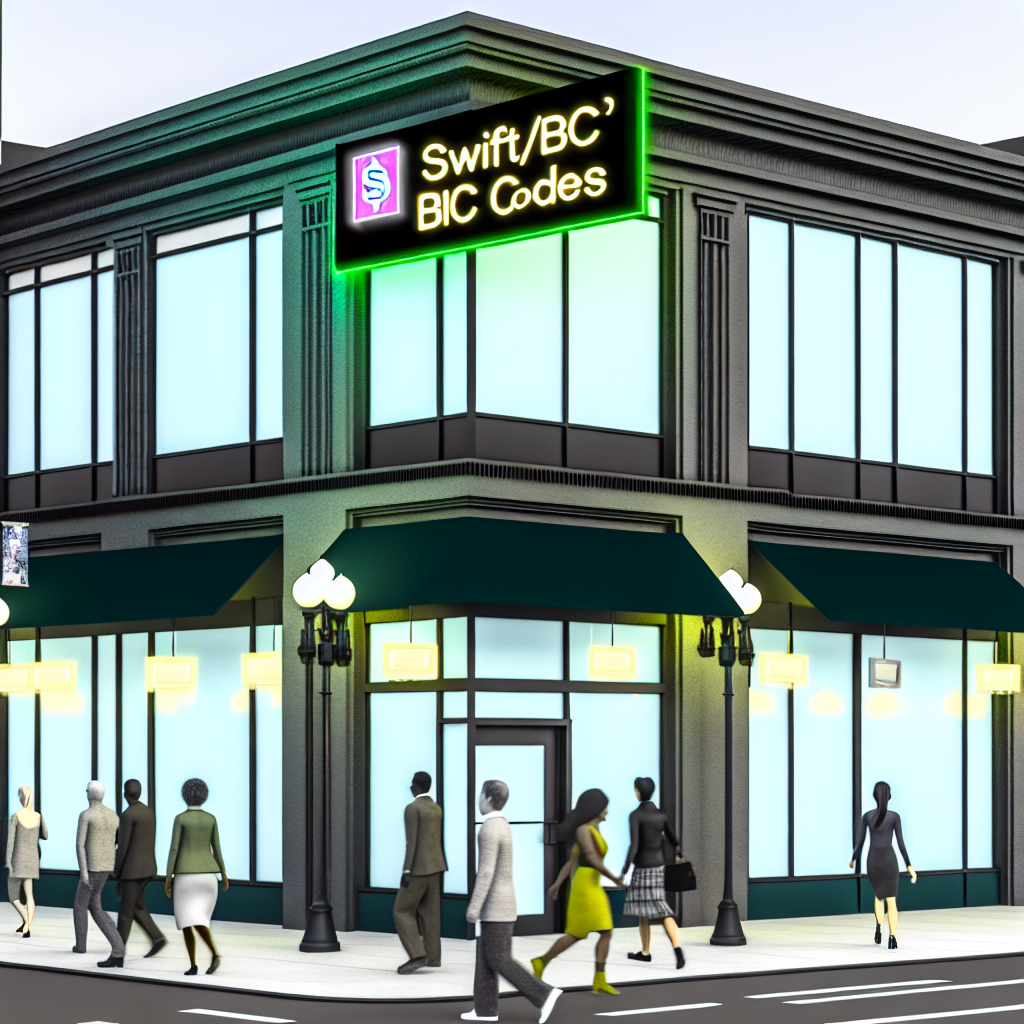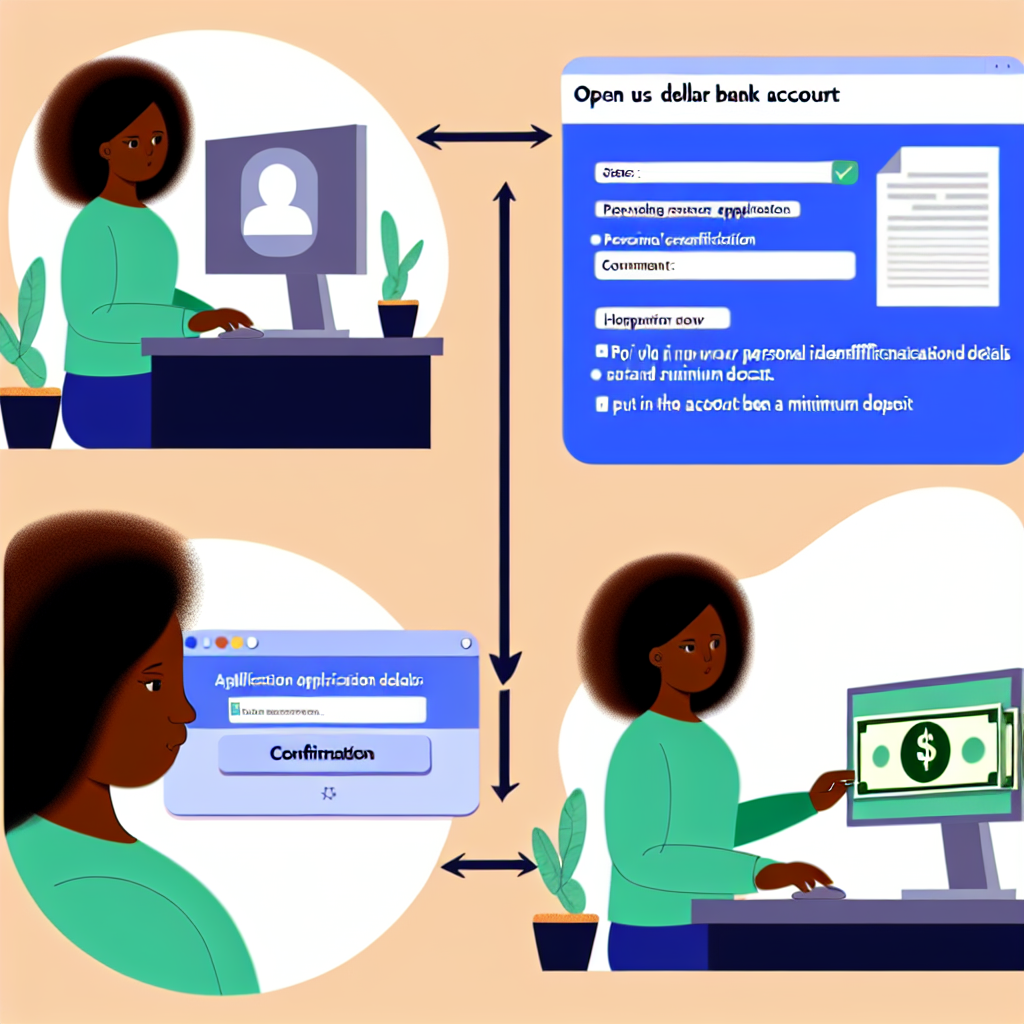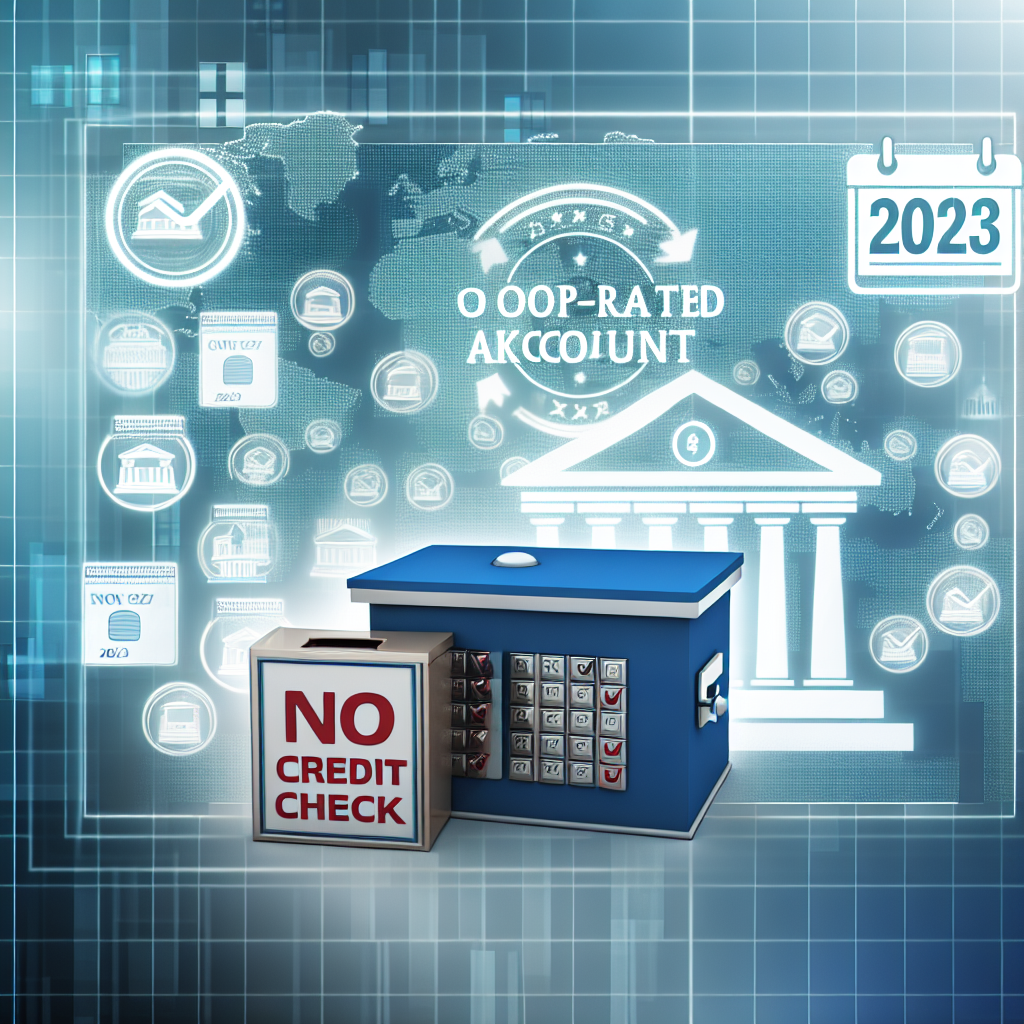Introduction to TD Bank SWIFT/BIC Codes
When conducting international transactions, one of the key pieces of information required is the SWIFT/BIC code of the recipient’s bank. For customers of TD Bank, having the correct SWIFT/BIC code is crucial to ensure that funds are transferred smoothly and securely. In this article, we will delve into what SWIFT/BIC codes are, why they are important, and provide a list of TD Bank’s SWIFT/BIC codes for various countries.
Understanding SWIFT/BIC Codes
A SWIFT code, also known as a Bank Identifier Code (BIC), is a unique identification code for a particular bank. It is used to identify financial and non-financial institutions globally. SWIFT codes are made up of 8 to 11 characters and provide specific details about the bank, such as the country, city, and branch. Utilizing the SWIFT network, banks can securely send and receive information about financial transactions in a standardized format.
Importance of TD Bank SWIFT/BIC Codes
When sending or receiving money internationally, having the correct SWIFT/BIC code is essential to ensure that the funds reach the intended recipient’s account. The SWIFT code helps to identify the recipient bank quickly and accurately, reducing the risk of errors or delays in processing the transaction. Without the correct SWIFT/BIC code, funds can be misdirected or held up, causing inconvenience and potential financial loss to the sender or recipient.
TD Bank SWIFT/BIC Codes for Various Countries
Below is a list of TD Bank’s SWIFT/BIC codes for different countries:
- United States (USD): TDOMCATTTOR
- Canada (CAD): TDOMCATTTOR
- United Kingdom (GBP): TDOMCATTTOL
- Australia (AUD): TDOMCATTTOR
- Germany (EUR): TDOMCATTTOL
It is important to note that SWIFT/BIC codes can vary for different branches or locations of TD Bank. Therefore, it is recommended to verify the specific SWIFT/BIC code with the recipient or TD Bank directly before initiating an international transfer.
How to Find TD Bank’s SWIFT/BIC Code
There are several ways to find TD Bank’s SWIFT/BIC code:
- Visit TD Bank’s official website and navigate to the “Contact Us” or “Help” section.
- Contact TD Bank’s customer service via phone or email and request the SWIFT/BIC code for your specific branch or account.
- Check your bank statement or online banking portal, as the SWIFT/BIC code may be listed there.
- Use online SWIFT/BIC code search tools or directories to look up TD Bank’s code based on the country and branch location.
By obtaining the accurate SWIFT/BIC code for TD Bank, you can ensure that your international transactions are processed efficiently and securely.
In Conclusion
SWIFT/BIC codes play a vital role in international banking by facilitating secure and standardized communications between financial institutions. As a customer of TD Bank, ensuring that you have the correct SWIFT/BIC code for your transactions is crucial for a seamless transfer of funds. By familiarizing yourself with TD Bank’s SWIFT/BIC codes and verifying the information before making an international payment, you can avoid potential errors and delays in processing your transactions.
Remember to always double-check the SWIFT/BIC code with the recipient or your bank to guarantee the accuracy of the information and prevent any complications during the transfer process. With the right SWIFT/BIC code in hand, you can confidently engage in international transactions through TD Bank with peace of mind.






